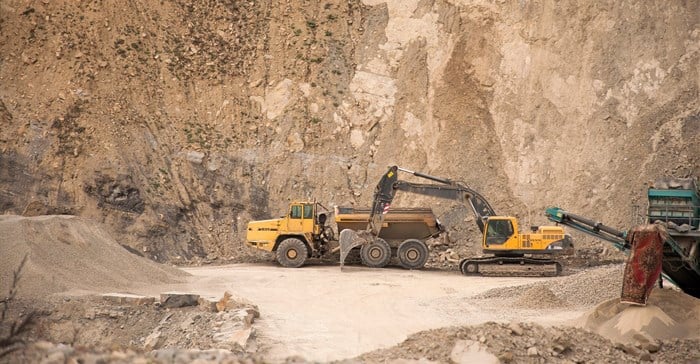
Subscribe & Follow
Alcohol education & testing: only way to effectively increase workplace safety in mines

Given that alcohol can significantly impair the ability to drive and operate heavy machinery with accuracy, one of the most critical aspects of safety to address is the consumption of alcohol in the workplace. It is understandable why there should be a zero tolerance to alcohol in mining.
Mining and alcohol should not mix
For the most part, well-established mining companies in South Africa are very aware of the mining safety regulations which state that a person is not permitted to enter or remain in the mining premises under the influence of alcohol.
These organisations already have clear policies in place that detail zero tolerance to alcohol in the workplace, laying the foundation for regular, compulsory alcohol testing with breathalyser equipment.
When it comes to opening new mines, one of the first things that the Department of Mineral Resources checks for is whether there is testing for alcohol.
The risk of alcohol in the mining environment is much like drinking and then driving, the individual will experience impaired concentration and judgment, which makes them a hazard in an already hazardous workplace.
Accidents impact on production negatively and from a company perspective, employees who have an alcohol problem are even less productive due to a higher rate of absenteeism.
However, testing alone is insufficient as a safety measure and can only have the proper deterrent effect if miners actually understand the rules testing is meant to enforce.
Education is everything
With alcohol so deeply entwined in the culture of mining, it can be difficult to separate the two.
Unless there is an understanding around the dangers of alcohol use, particularly in mining, there will still be a high prevalence of miners arriving for work under the influence of alcohol.
This is largely because workers don’t understand how long alcohol takes to get out of their systems, and believe that if they drink the night before, they will be completely sober by the time they arrive at work the following day.
With proper education, workers would understand that they can drink at night but to pass the breathalyser test the next day, it will need to be in moderation.
After proper awareness training, workers are more likely to understand that alcohol testing is not to catch them and fire them for drinking.
Learning a proper culture of safety will help people to make educated decisions about whether and how much they're going to drink the night before they come to work.
Putting safety first
Mining companies need to conduct awareness training with employees regularly.
One measure that has proven effective in showing workers that the mine is simply looking to work with them in reducing accidents and increasing safety is to put voluntary testing systems in place.
This involves mounting a breathalyser to a wall close to the turnstiles or the entrance points and allowing workers to test themselves before they enter. If they test positive, they receive a warning instead of instant dismissal.
Once a worker has tested positive, they are barred from volunteering again for three to six months, but no disciplinary action is taken.
It is simply the opportunity for workers to be honest and test themselves if they feel like they might have overindulged the night before.
This shows the employee that the mine’s primary goal is preventing workers from entering under the influence of alcohol, in the interest of safety.
However, workers that choose to ignore the safety aspect and try to enter the workplace without consideration for how much they’ve had to drink, will be tested positive by the security guard, which will start the disciplinary processes involved in arriving at work under the influence of alcohol.
The key to successful intervention in respect of alcohol in the workplace ultimately hinges on showing employees that it's a safety issue and not a punitive issue. Here, regular alcohol testing is important and must be done on a daily basis. Compulsory testing where employees know they’re going to be tested every day is the only effective way to stop intoxicated individuals from entering the workplace.
Not just a safety issue, South Africa has a long history with alcohol abuse which can only be addressed through education and testing.
Only through proper workplace interventions, such as regular alcohol testing and awareness programs on the health risks of alcohol consumption, is it possible to make a difference.















